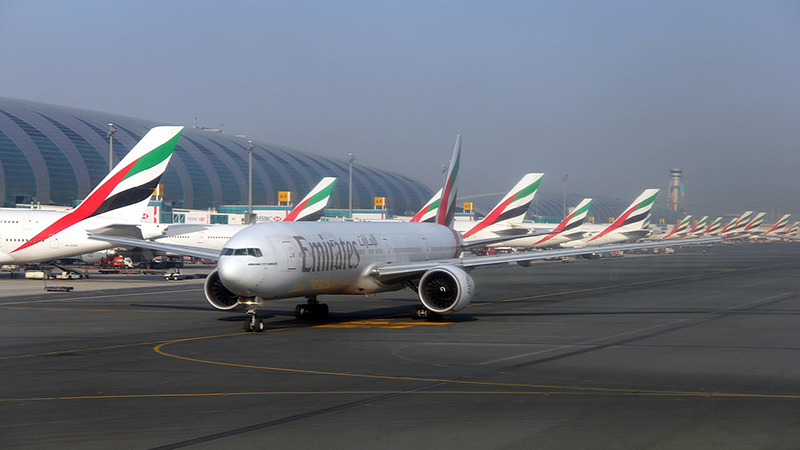In a groundbreaking move, the GCC countries have reached a consensus to launch a common tourist visa enabling visitors to visit all six GCC states: Bahrain, Kuwait, Oman, Qatar, Saudi Arabia, and the UAE.
The announcement was made by Jasem Mohamed Albudaiwi, Secretary General of the GCC during the 40th meeting of the Interior Ministers of the GCC which took place in Muscat, Oman, on November 8. “The unified GCC tourist visa project represents a new achievement which is added to the blessed accomplishments made by the Cooperation Council,” said Albudaiwi. He highlighted that the visa would be implemented within a specific time frame.
In September, the UAE’s Minister of Economy, Abdullah bin Touq Al Marri, had stated that the visa is set to launch between 2024 and 2025 once all approvals, specific regulations and legislations are developed. “The initiative is an integral part of the GCC 2030 tourism strategy, designed to elevate the tourism sector’s contribution to the GDP through increased inter-GCC travel and elevated hotel occupancy rates, transforming the GCC into a pre-eminent global destination for both regional and international tourists,” the UAE minister said.
The GCC visa will allow visitors to hop among countries that make up the Gulf bloc just like the Schengen visa allows tourists access to several European countries. Currently, tourists have to get visas of the six Gulf countries separately even though the destinations are connected via air and road.
The GCC countries are set to carry out joint publicity campaigns and have a common booking platform and joint tourism website once the common visa is implemented. Though it is not clear if expatriates in GCC countries would need to apply for the unified visa, Al Marri had said the GCC is considering a single visa system that will see its residents travel freely between member states. Currently, only citizens of GCC countries enjoy visa-free travel between member states.
More details like the cost and duration of the visa are expected by the year-end. With travel becoming easier and faster now, the Schengen type visa is expected to attract more long-haul tourists from the US, Europe and Asian countries with the period of stay extending to over 10 days.
This is especially so with tourists now considering regions rather than individual destinations. In addition to boosting tourist spending, the move will create more job opportunities, and help improve regional economies. During the pilgrimage season, religious tourists travelling to the Kingdom of Saudi Arabia will also find it convenient to travel to other Gulf countries and vice-versa.

